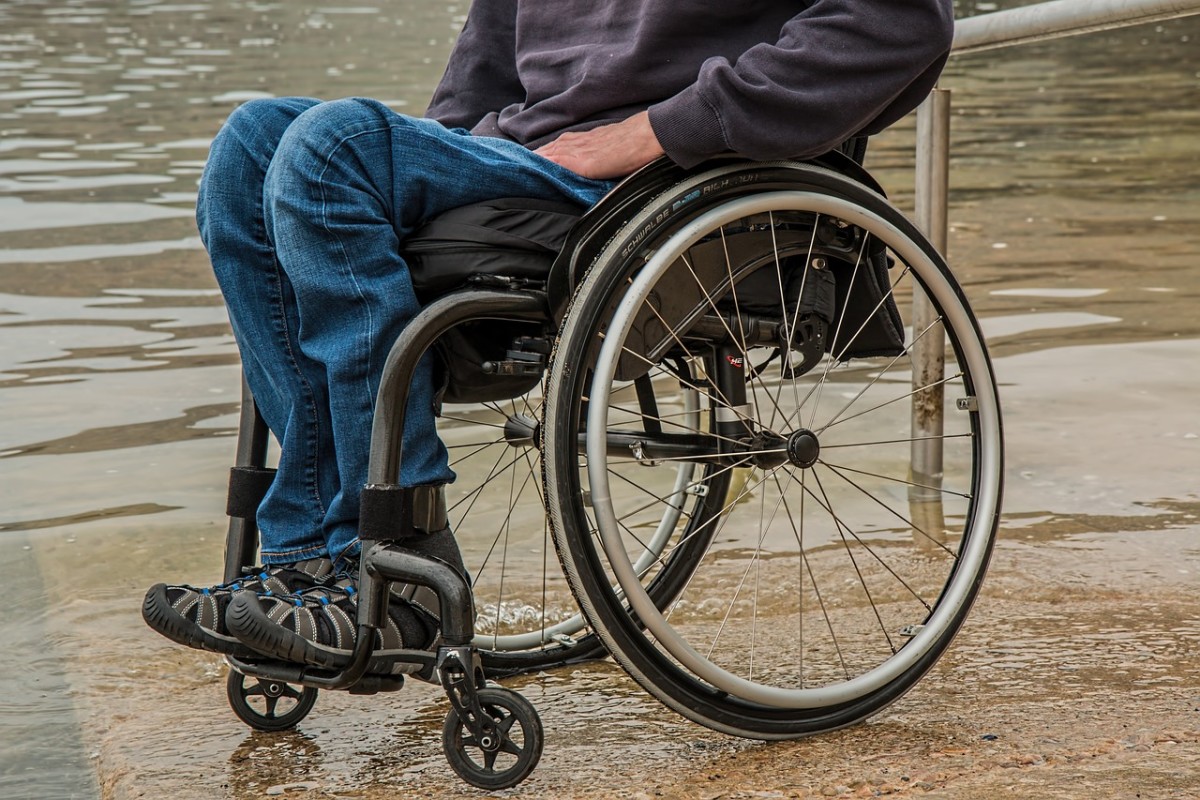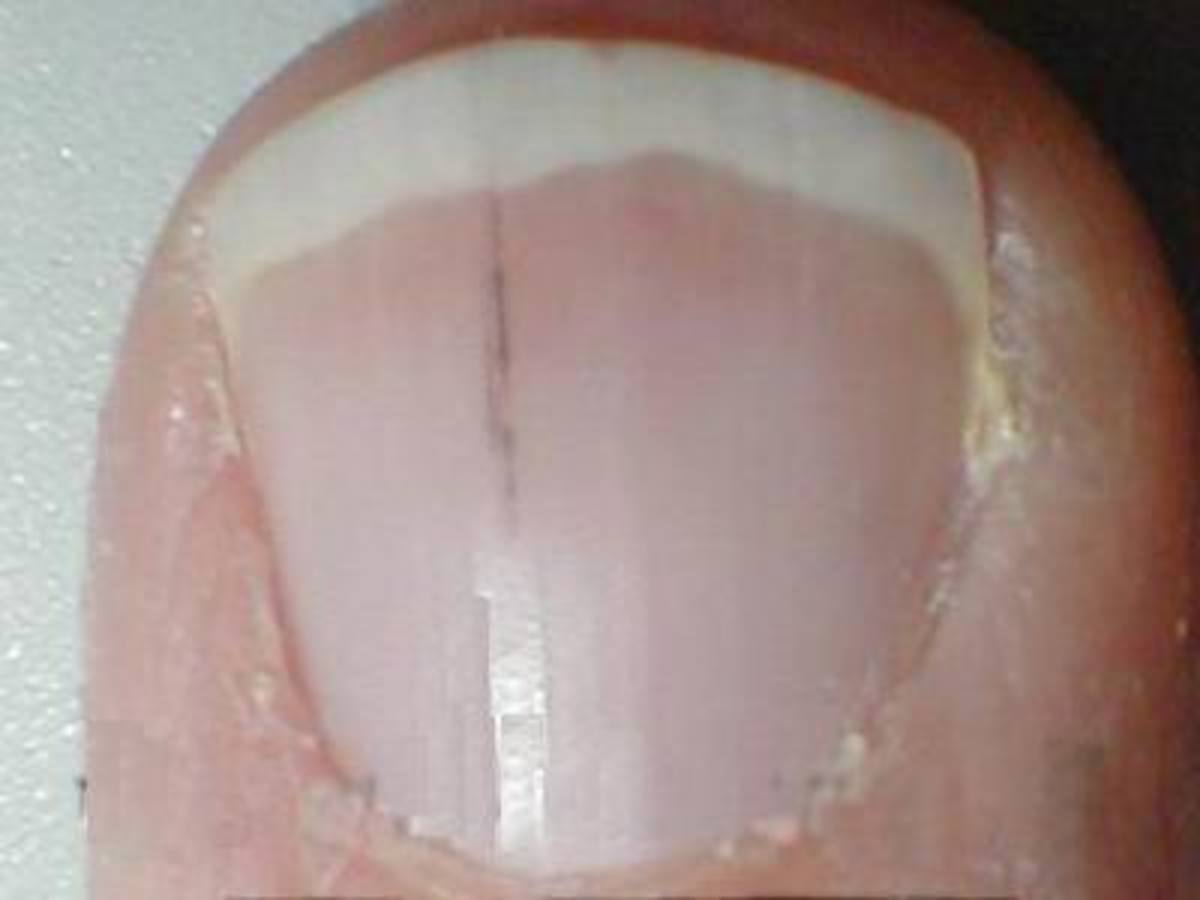How to Keep Track of Your AFib Symptoms
Tracking AFib for More Successful Treatment
When you live with a chronic condition, knowledge is power. Good monitoring, combined with education and pattern tracking, can mean the difference between an annoyance and an emergency. Getting to know how your atrial fibrillation behaves — and when there’s a problem that needs more attention — is an important step towards a better quality of life (and a lot less worry).
You can talk with your doctor about which aspects of your health to track closely, including measures you can take to calm symptoms and when to visit the hospital for clinical care. When it comes to self-care and at-home tracking, consider the leading devices and programs that have helped other AFibbers take control of their condition.
Smart Ways to Keep Track
Symptom tracking can be as simple as jotting down your thoughts or as complicated as a top-shelf heart rate and ECG device. What you choose to use will depend a lot on the severity of your AFib, how much you want to spend, and your personality. After all, the whole idea is to be consistent — if you don’t use the tracking device regularly, what’s the point?
There are several ways to track symptoms, but these are a few of the best approaches for AFib.

Getting to know how your atrial fibrillation behaves — and when there’s a problem that needs more attention — is an important step towards a better quality of life (and a lot less worry).
Heart Rate Monitor
Widely used by athletes of all levels, heart rate monitors are safe, easy, and quick ways to see how your pulse is behaving. It can be a very useful device for AFibber, too, especially if more strenuous activity tends to trigger symptoms.
These sorts of monitors are either worn around the chest, or around the wrist with a companion device (like a watch or a smartphone) to show you the pulse readings. Whether you choose a watch-style monitor or a chest strap and smart phone app will depend on your budget and comfort level with technology.
Handheld ECG Monitor
These pocket-sized devices are meant to provide quick and portable ECG tests. Some are designed to latch onto your smartphone and work in tandem with software, and others are separate devices.
They vary considerably in size, effectiveness, and price, so you’ll want to browse through your options to find the one that suits you best. The HeartCheck pen is a good example of a simple and portable ECG monitor, and AliveCor’s smartphone app and companion sensor device is leading the pack in the mobile ECG app category.
Journal
Low-tech but effective, a symptom journal may be all you need to get a good handle on your AFib management. Using a journal every day to record physical symptoms as well as emotions, diet, sleep, and general thoughts about your health can help you learn to listen closely to your body and recognize problems before they become serious.
Best Phone Apps for AFib
Symptomatic AFib — that is, short-lived episodes that come and go — can be frustrating to diagnose. You can’t run to your doctor’s office every time you notice the change, and you can’t count on an episode to occur when you happen to be in for an exam. In turn, you’ll want to measure and track your AFib on your own time, and that’s where smartphone apps can help.
Many of the AFib apps out there are geared toward medical professionals, but there are others that can be quite helpful for patients. Here are some highly rated apps that could make your AFib management easier.

Symptomatic AFib — that is, short-lived episodes that come and go — can be frustrating to diagnose.
AF Detect
This app basically takes a “biopsy” of your pulse to determine if there is abnormal activity. By placing your finger on the camera lens, the app can reveal irregularities in your heartbeat by monitoring the small changes in the color of your skin.
Although it’s marketed to reveal and report AFib episodes, AF Detect is essentially a heart rate monitor that anyone could enjoy (athletes may find it particularly useful). However, the app does have its limits — you’ll need a smartphone with a good camera and built-in flash for the most accurate readings.
Stroke Riskometer
While most AFib patients realize their stroke risk is elevated, many don’t know just how high their chances of suffering a stroke really are. After all, AFib plays a big role, but it’s only a part of the picture — other personal factors will combine to raise or lower your risk of stroke, too.
This app is designed to calculate your stroke risk, taking into account medical conditions like AFib and diabetes, your cholesterol levels, blood pressure, and lifestyle factors. Your prognosis will change as elements in your health and habits change, so it’s a dynamic app that can keep up with your biology.
Kardia
The most recent incarnation of AliveCor’s ground-breaking ECG app, Kardia is designed to track heart rate and relay the information back to your doctor. It also tracks related info — like shortness of breath, diet, and sleep patterns — to paint a more complete picture of your state of health.
All you need is a smartphone and the Kardia Mobile program to get a reading: simply hold your phone in your hands for 30 seconds for a medically-sound ECG that will pick up on abnormal rhythms.
The downside is the newest version of the app is loaded up with all sorts of other features, which some people complain slow down the ECG recording time significantly. It’s also not compatible with some devices, so check to see whether it will work with your phone before shelling out the cash for the app and accessory.

Do you use an app to track your AFib symptoms?
While targeted apps can be very helpful, they are not a replacement for the standard 12 lead ECG. Tests performed in a clinical setting and with medical supervision are still the most accurate way to track and diagnose heart problems.
If you use your app as a complement to your regular medical consultations instead of a replacement for your doctor, you’ll get the most benefit with the least amount of risk.
Devices
| Apps
|
|---|---|
Heart rate monitor
| AF Detect
|
Handheld ECG monitor
| Stroke Riskometer
|
Journal
| Kardia
|
There are many options out there for symptom tracking, but these are the best in terms of accuracy, consistency, and ease of use.
5 Tips for Traveling With AFib
In Summary
Good tracking is crucial in diagnosing and managing your AFib. This falls in your hands, so ensure you're using the best methods possible to track your symptoms.
A heart rate monitor or handheld ECG monitor are commonly used devices that can track your pulse and are easy to use. A journal is a low-tech option you can use to record your symptoms every day, along with your diet, exercise, emotions, and more.
If you're looking to use an app to monitor your AFib, try AF Detect, My Stroke Risk, or Kardia. These are all highly-rated apps that can track your heart rate and other symptoms. Both you and your doctor will be thankful you decided to take control over your symptom tracking.
Resources
- Stroke Riskometer on the App Store
Read reviews, compare customer ratings, see screenshots and learn more about Stroke Riskometer. Download Stroke Riskometer and enjoy it on your iPhone, iPad and iPod touch. - AF Detect
- Kardia
- Guide to DIY Heart Rate Monitors & Handheld ECG Monitors
Consumer, DIY or 'Sport Heart Rate Monitors' (HRM) are used by runners and other athletes to monitor the rate of their heartbeat. A-Fib patients are using them too.








